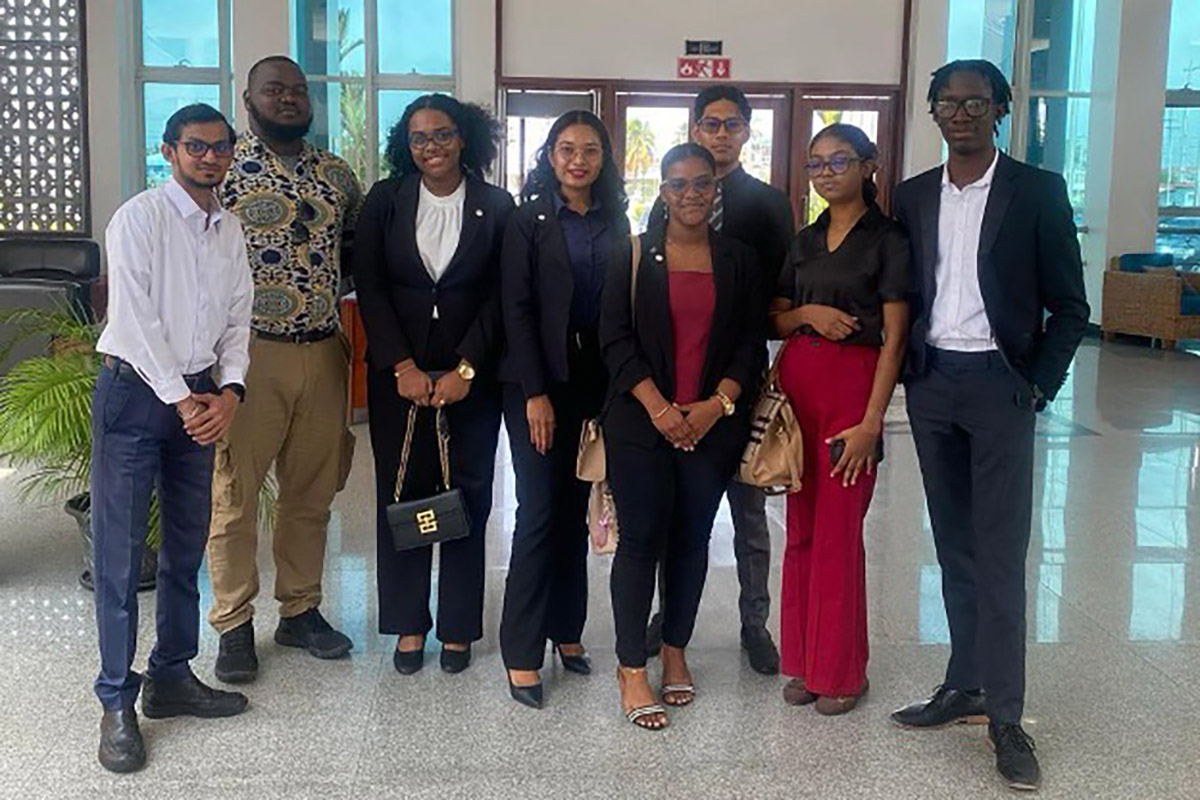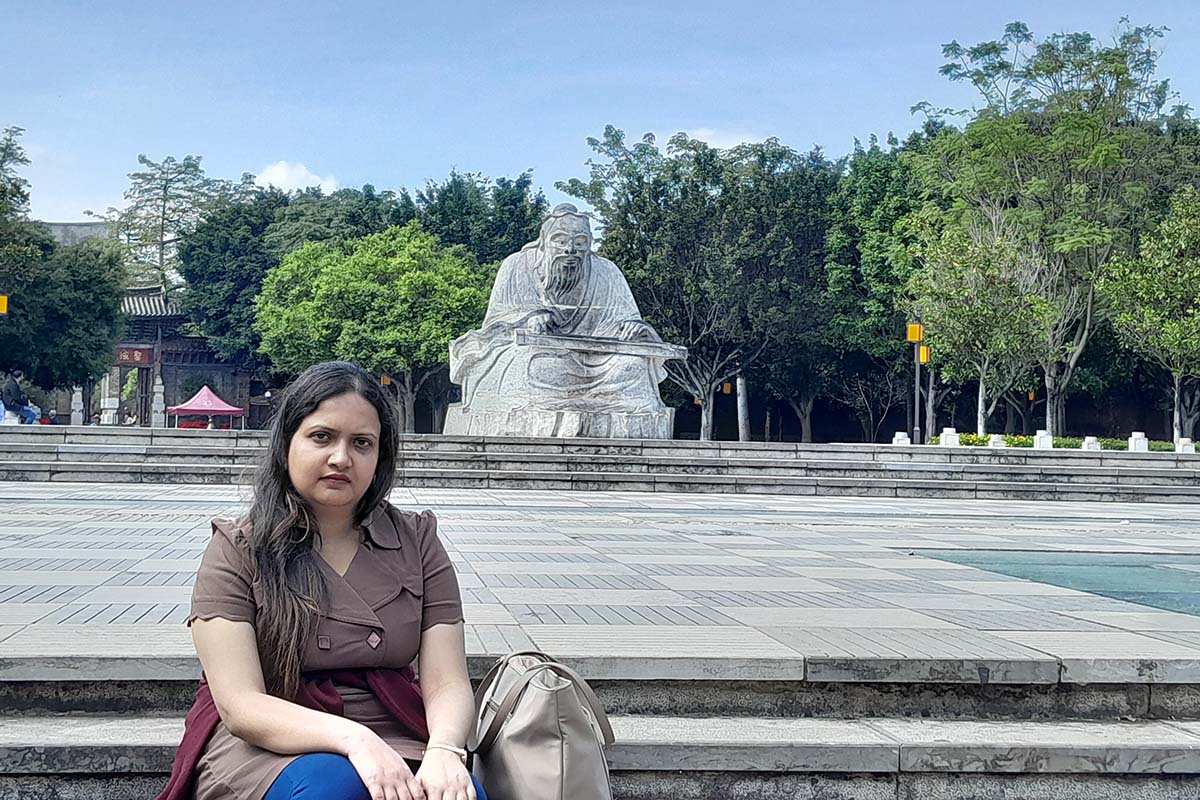Young People and National Decision Making Processes
February 25by Imran Bacchus
Young people play a crucial role in our democracies. Oftentimes, they are left on the sidelines of key decision-making at the national level, which can affect their lives and future. On Thursday, January 30, 2025, the Guyana National Youth Council (GNYC), through its President, organised a group of young people to be present on the final day of Budget Debate 2025.
This year’s budget was a peculiar one in Guyana’s history as it is the most extensive one so far. It amounted to a whopping $1.38 trillion GYD (DPI Guyana, 2025a) which underscores the attentiveness of young people across Guyana, especially since $12.6 billion GYD was allocated to the area of culture, youth, and sport (DPI Guyana, 2025b), and $175 billion GYD in the education sector. Whilst young people may not be involved in the parliamentary process to finalise the decisions made by the legislators and government, their very presence speaks value and volume as they watch and experience the arguments and propositions regarding their well-being and the broader nation being disputed (ACE Project, 2025).
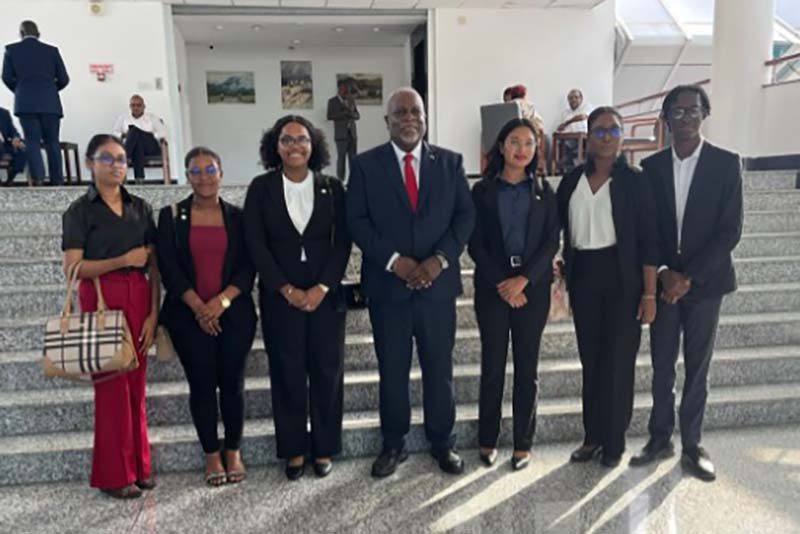
The response by the group of youths to be in attendance in a space where officials at the top of the country gather to advocate the nation’s policies, measures and framework for a better life was noteworthy. Their efforts and those who supported them in being there, particularly the Parliament of Guyana, are deeply appreciated. This opportunity provided the doorway for an invaluable civic engagement with their leaders and for them to witness in-person the conduct and functioning of the National Assembly.
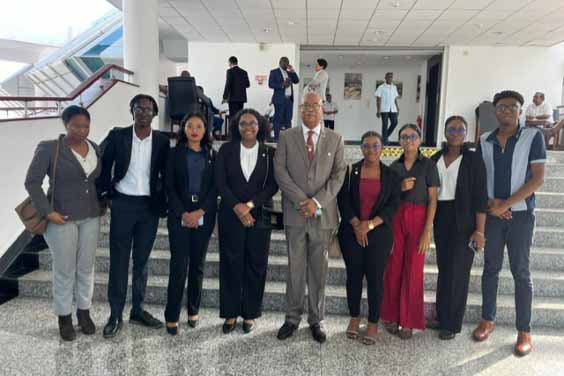
Moreover, this further highlights the diversity and inclusion in political environments to include all groups of society especially since Guyana is on the cusp of major economic transformation. Thus, youths have the responsibility of making their own judgments regarding who they would like to be their governing leader with elections expected to be held later this year.
As one of the largest populations in Guyana, they will have to decide which party is able to solidify their aspirations and give them a prospective destiny. At the same time, politics is a sensitive issue, and many young people despite having brilliant insights on political matters have shunned their voices. Needless to say that over the years the number of young people that have a keen interest in politics and the way their country is governed has been increasing.
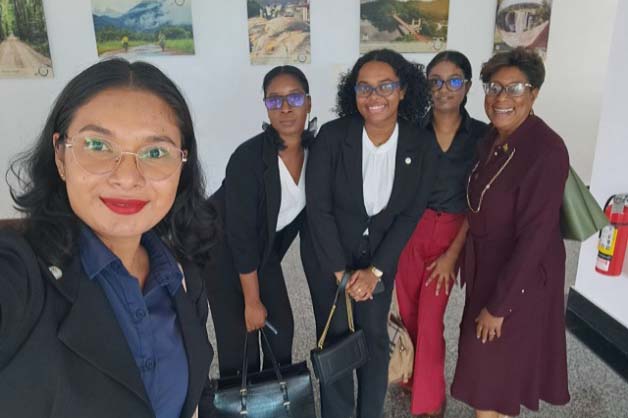
Therefore, it is vital that the government and other stakeholders engage youths of today in healthy conversations and dialogue on political matters that can impede or advance their lives. Politics affects the everyday livelihood of everyone as much as every other basic thing that people do. The sooner government and state realise that there is a necessary role to be played by all of each individual, the more committed they will be in wanting to participate and be apprised of the circumstances that underpin their countries, regions, and communities.
However, the narrative needs to be changed regarding youths and spaces created where they are not only included but where they have a voice as well and are supported to speak up (ibid). Many young people are advocates, activists or future politicians and leaders. Even so, what they lack is the essential encouragement to amplify their voices and passions. When those in power pay attention to the interests of young people, it will give them a sense of inclusion and belonging. It will help them to realise that they are heard and are seen.
Likewise, this session proved that young people are open to engagement and learning about the ways that government function and operates. The more they are involved in policy and political matters, the stronger their resilience will be in overcoming ignorance and nescient information that can be projected to them with the intention of misguiding them for political gain.
Entities that work together to give young people a space and a seat at the table should be complimented for recognising the value and importance of having youths around the table. The inclusion of youths at the height of national issues is crucial to their development and progress in society as not only will they be good civil servants but countries will have sound communities and stable societies.
